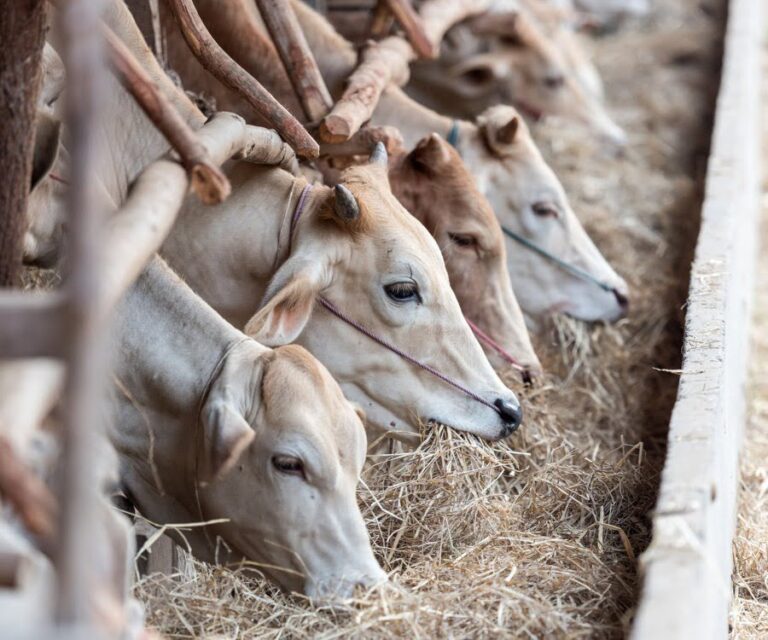Yeast are live microorganisms that, when administered in adequate amounts, confer health benefits to the host, affecting it in a positive way. It is often used as a healthy feed supplement for livestock.
Among the benefits of supplying yeast to the cattlewe emphasize:
- Modulation of the fermenting beneficial flora.
- Control of ruminal pH that prevents the development of acidosis.
- Increased nutrient intake and digestibility with direct effect on increased meat or milk production.
- Support for the animal's immune system.
Brewer's yeast
The yeast used in cattle feed is usually a variety of brewer's yeast, which comes from the decomposition of the gluten contained in barley, and is rich in proteins, B complex vitamins and minerals such as zinc and iron. There are companies specialized in animal nutrition that sell it incorporated in concentrates.
It is worth noting that yeast also has excellent levels of methionine, arginine and lysine, amino acids necessary to supplement the body since it does not produce them in sufficient quantities.
More benefits
In addition to the positive properties mentioned above, these live microorganisms also contribute to improve health and fight pathogens, eliminating a significant amount of harmful bacteria. By stimulating the animal's natural defense system, certain diseases are better combated.
Yeast and milk production
Several scientific studies have shown that live yeast improves nutrient flow in dairy cows. It also improves the adaptation of production rations, fiber digestibility and increases the production of volatile fatty acids (VFA) in cows.
Yeast can be fed to cattle in powder or pellet form, and can be mixed with other feeds, such as hay or concentrate, to ensure adequate intake. The amount will depend on the weight and nutritional needs of each animal, so it is important to work with a veterinarian to determine the specific dosage.



